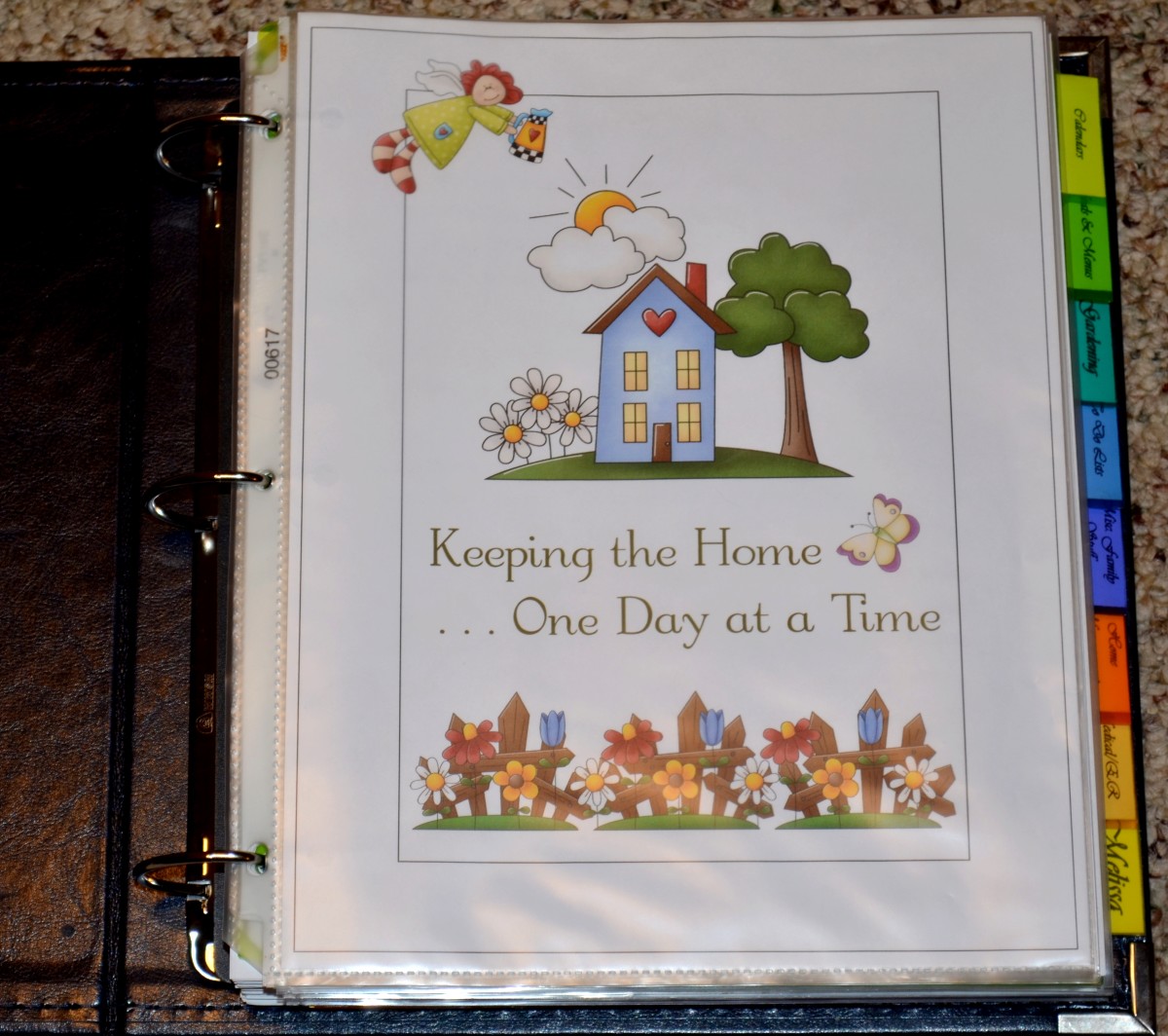Cash Management Techniques in Household Family Budgeting
Start well—finish well
Many people get through the first few steps of budgeting (see four bulleted points below), but get stuck when it comes to the last one, monitoring actual income and expenses and comparing them to the budget.
The budget is useless unless you evaluate how you’re doing. There’s no way to tell unless you keep track of income and expenses and compare the actual to what was planned. This should be done on a monthly basis, but with an eye to the year-to-date accumulation as well. Early in the year, when year-to-date isn’t too useful, it may be helpful to evaluate the past twelve-month period. For cyclical budget categories, e.g. utilities or Christmas shopping, it may be best to compare with the same month of the previous year.

Four budgeting steps
- Create a record of past income and expenses
- Project income and expenses into the future
- Balance your budget
- Monitor income and expenses and compare to budget
Do you have a family budget?
Cash management monitoring techniques
There are several cash management techniques that make budgeting and living within the family budget easier.
- Track expenses and download from online accounts weekly.
- Arrange checking, savings and credit card accounts so there are no monthly or annual charges or frills, and never incur other service fees or fines.
- Whenever available, use auto-bill pay, electronic fund transfer (EFT), auto-deposit, whatever will remove the human element, but only when it’s free.
- Use credit cards to assist cash flow during the month, not from month-to-month. Pay the entire balance by the end of the grace period.
- In savings, keep at least 1–2 months total salary (more if you don’t have water-tight job security), or up to enough to cover the largest single bill you expect in a year (for me that's either annual property taxes or semi-annual tuition).
- Keep at least 6–12 months total salary in other investments not restricted for retirement.
- Finance nothing besides career-motivated education and the house you live in. Never pay anything else in installments; even at 0% interest it complicates bookkeeping.
- Let relatives know when it looks like money might become tight, but don’t necessarily expect help. The idea is that if you actually do end up needing their help, it’s nice if they could anticipate by a few weeks so that it doesn’t interfere with their own cash flow planning.
More budgeting articles by this author
- My Daughters Getting Married: The Wedding Budget
Shes engaged! Now you need to get serious about saving for a wedding. The average wedding costs waaay too much. First, I question the statistics, and second, Im not average. Are you average? Take my poll and find out. - Avoid the High Cost of Living Beyond Your Means
How much do you lose if your home is foreclosed? What if your leased classy chassis is repossessed? What if you majored in Philosophy in college, and nobody is hiring philosopers now? Finance only what will appreciate! - Plan Finances to Help You Live Within Your Means
Income must exceed expenses or expenses must shrink to fit income. Organize your finances to support your plan: Don't spend what you don't have. Expect the unexpected. Automate your finances. Pay off monthly balances in full. Know your limitations. - How to Budget for College Students: The Special Challenges
The four essential steps of budgeting differ for college students than for other people. It is easier in some ways because there are fewer categories to budget for, but harder because there is such little control over the big expenses. - The IRS Can Help Fund Your Car Savings Account!
Once your present car is paid off, you should begin to save toward the purchase of your next one. You knew that; the question is how much and over what period of time. Think beyond gas to the total cost of fixed and variable expenses.

![Quicken Deluxe 2011 [Download] [OLD VERSION]](https://m.media-amazon.com/images/I/41z7Up0C2EL._SL160_.jpg)








